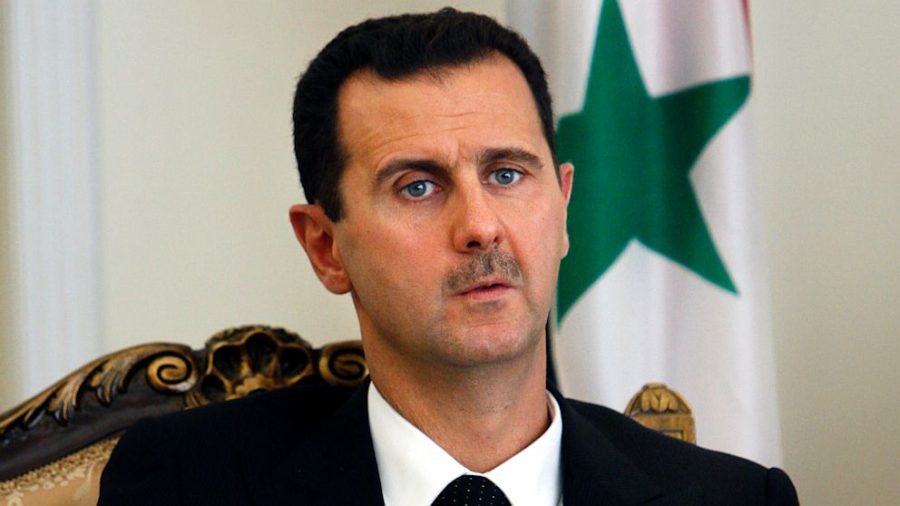By Joe Vigil
On Sept. 10, President Barrack Obama announced the United States would likely not be pursuing military action in Syria.
Instead, at the behest of Russia, they will back down from their militaristic stance in favor of a more peaceful alternative: Syria will place its chemical arsenal under international control for subsequent destruction. This is good news.
Ever since the end of the Second World War, the U.S. has been one of a few primary superpowers in the world. For this reason and the fact that the U.S. is a democratic government and its counterparts have been primarily totalitarian/martial dictatorships, they have been the primary example to the world for freedom and just treatment. Their military entanglements since that time, however, suggest a different identity.
Think of all the military conflicts that America has been involved with since 1945. Most people agree that the bloody interventions in Korea and Vietnam were superfluous. The invasion of Nicaragua in the ’80s was a clear example of the U.S. overextending its jurisdiction. Attacking Iraqi forces in Kuwait was necessary to stabilize that region for the short term, but in the long term, this action only marginally improved the quality of life in the region for civilians. Considering the results of the Iraq War and ongoing war in Afghanistan, the lives of civilians seem to be in disrepair.
The role of the U.S. and its military in protecting freedom internationally seems to be largely exaggerated. This is an issue that President Obama, in his initial presidential campaign and multiple times since, has said he will address. He has made good on his promise in the sense that he has pulled troops out of Iraq, but his most notable actions as commander-in-chief have been related to military operations. His support of Libyan and Syrian rebels, along with his persistent drone strikes, seems to convey a sense of military dominance more so than freedom.
If the example that many developing countries have for independence and democracy is a nation that always uses military force to solve every international disagreement it has with small governments, it should be no surprise that the recent upheavals in the Middle East have been so bloody. This caustic nature acted on by rebels then merits a similar response from the governments they are opposing. Now, this is not to say that the U.S. was responsible for Syrian President Bashar al-Assad’s chemical attacks on his own citizens. It does mean, however, that military action against an already embattled regime would only succeed in aggravating a hostile situation.

The U.S. government has been understandably skeptical of this course of action. The Chinese and Russian governments had been blocking the authorization of military air strikes in the U.N. in favor of the aforementioned option, and Assad, who is more aligned with Russian and Chinese governments than with the U.S., has called proponents of military action “just trying to make themselves winners in a war against a Syria which is their imaginary enemy.” And the U.S. has fears that this action will not be a drastic enough punishment for the crime committed and would not deter future use of chemical weapons.
But the U.S. must try to, as John Lennon put it, “give peace a chance.” As strange as it may sound coming from Russian and Chinese governments, the U.S.’s extended involvement in Syria’s affairs would only serve to make a bad situation worse.







